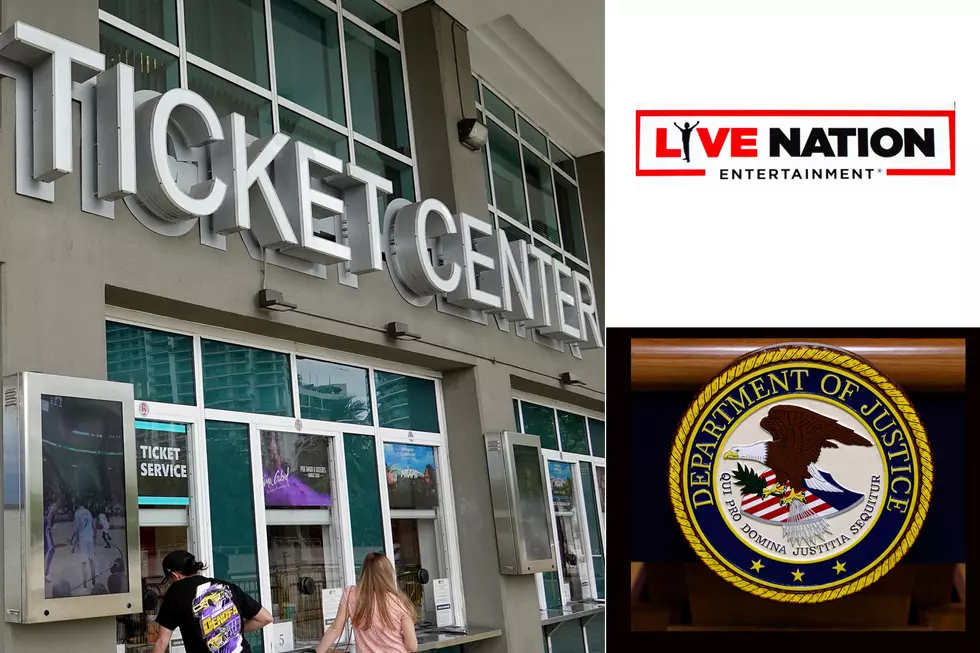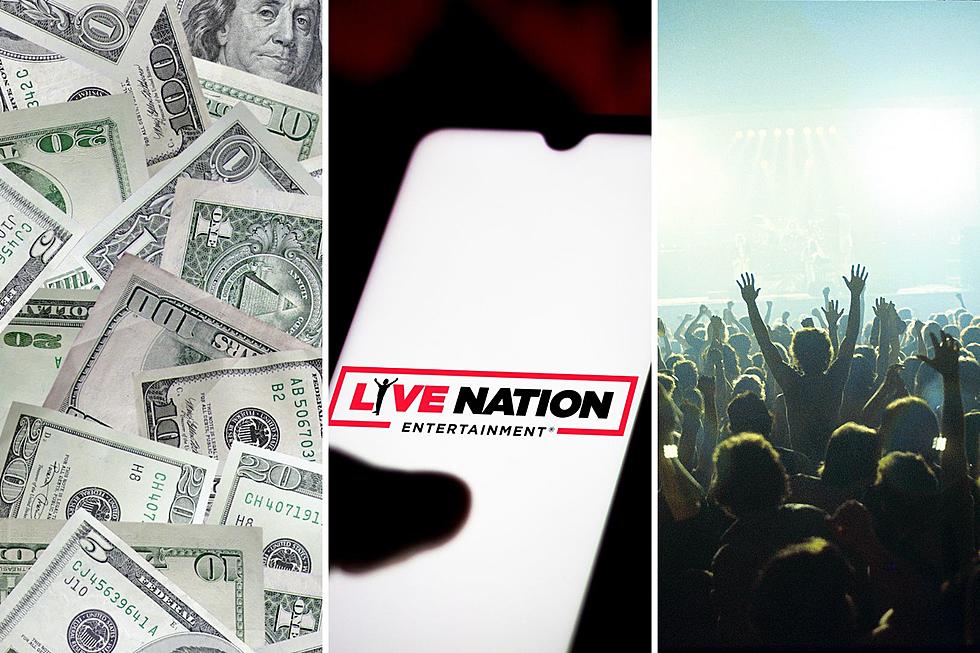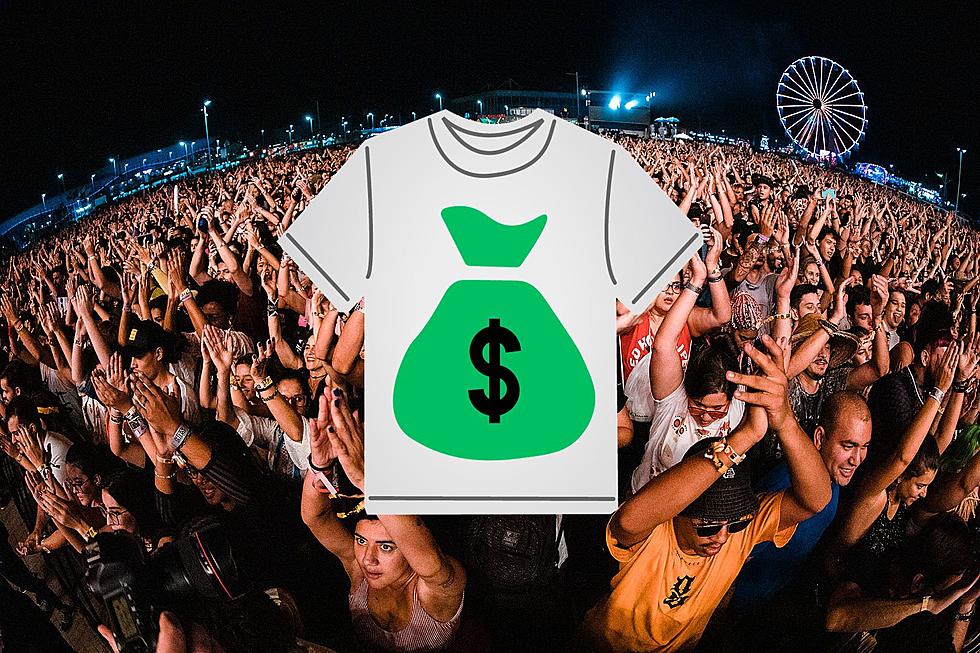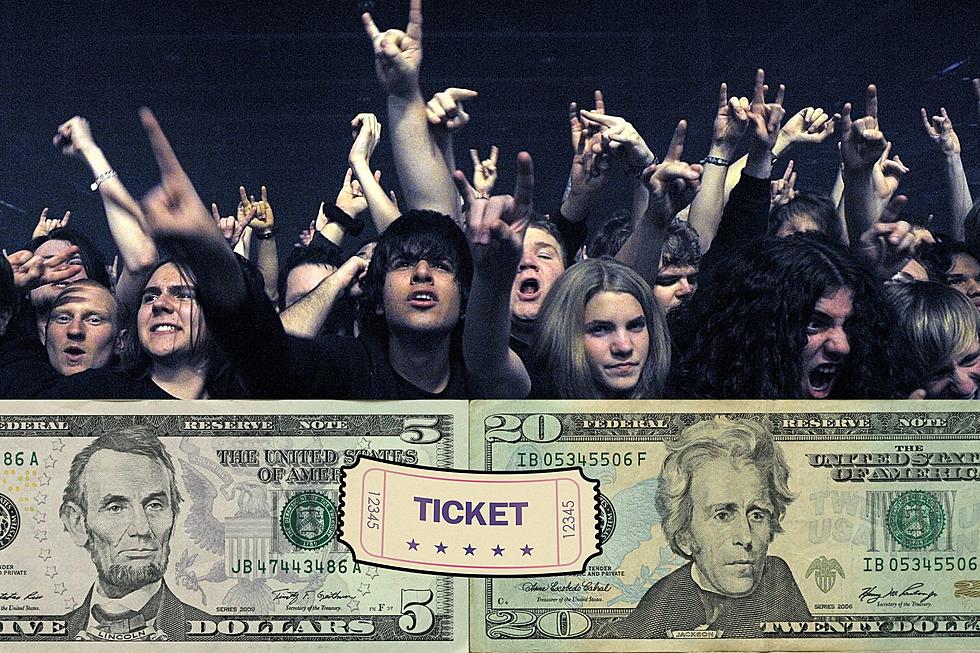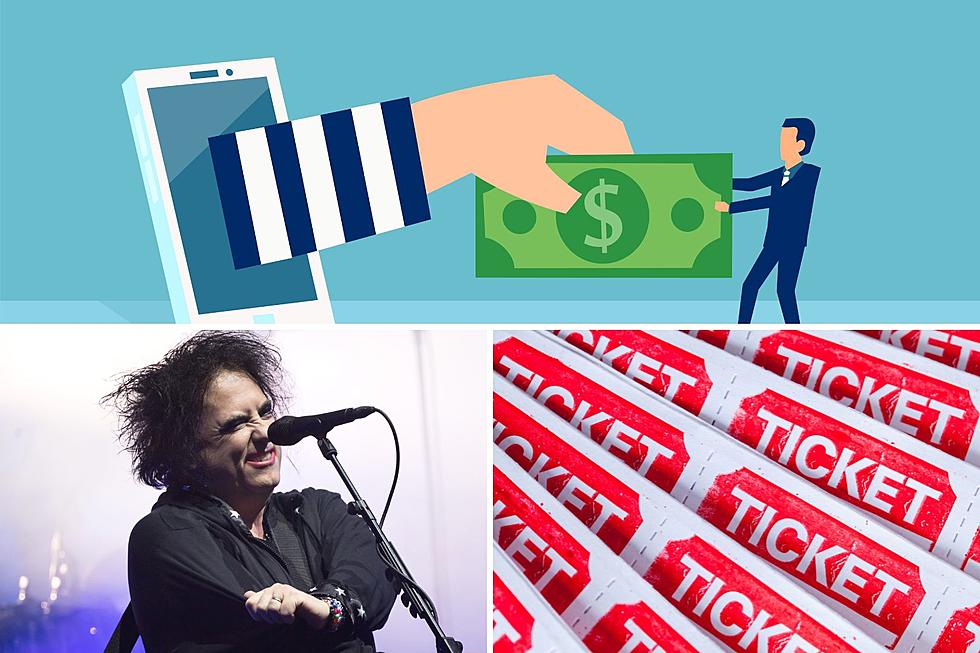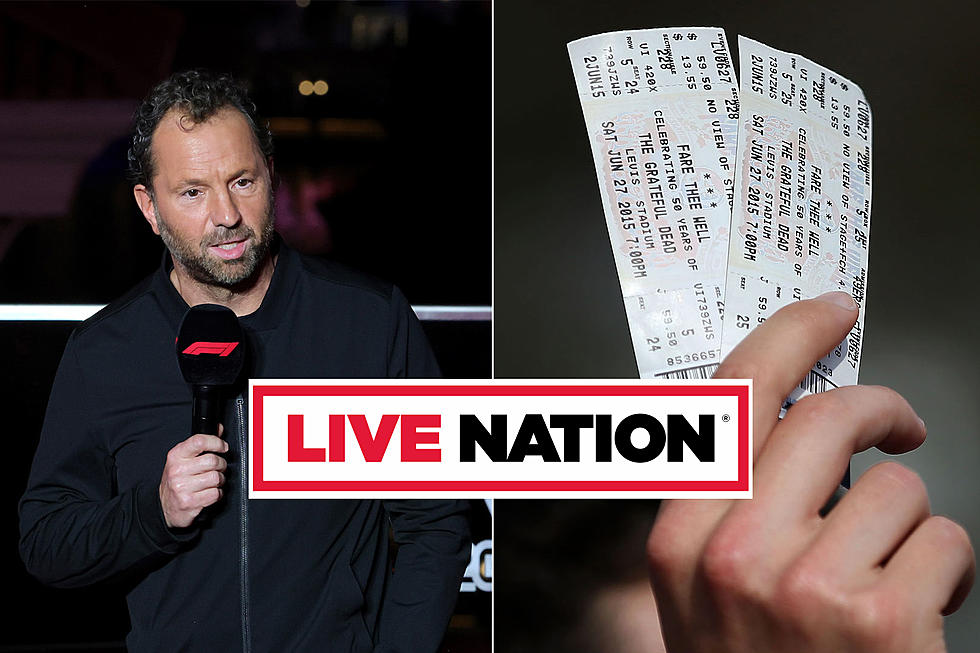
Live Nation CEO Explains Concert Ticket Prices + Fees, Wants to Fully Implement All-In Pricing
There are few topics as controversial in the music industry right now as concert ticket prices, which have seemingly increased across the board ever since the COVID-19 pandemic hit. Live Nation CEO Michael Rapino has defended the cost of concert tickets and fees, arguing that shows are infrequent experiences that people are willing to pay a high amount for.
The CEO dove into the ticketing industry, how ticket fees are determined and whether or not these costs are justified during a recent appearance on the The Bob Lefsetz Podcast. We broke down some of his points below, so keep reading to learn more about how Live Nation and other similar companies work.
What Are Ticket Fees, and How Are They Determined?
Rapino first addressed that the venues choose which ticketing company they want to use for the event based on which of them is able to meet their terms and conditions the best, and then the venue sets the ticket fees themselves. They determine what percentage of the fees they're going to keep, and how much they're going to give to the ticketing vendor in return — and the ticket company is unable to try and negotiate the ticket fees.
The fees are often a designated percentage of the actual ticket cost, meaning the more expensive the ticket, the higher the fee. But Rapino reiterated that the venue gets the majority of the fees, so although they're usually branded as "Ticketmaster service fees," Ticketmaster isn't actually getting most of that money.
But what about the other fees that are tacked onto the price when the customer goes to checkout?
"It depends. You could have a facility fee, which the venue would charge, that would be all of their fee... Credit card fee is separate, that's a small percentage. That is exactly what it is, it goes to the credit card company. Or it might be dressed in an 'Ordering fee,' which would be the credit card fee within that. That might be 3 to 4 percent as an ordering fee, where it covers the credit card fee, and the venue and Ticketmaster would split that on that same kind of percentage," Rapino explained.
Under this model, the venue makes additional revenue on each ticket by charging a facility fee, but the only income Ticketmaster makes from each concert is its pre-determined percentage of the venue's service fees.
What Is 'All-In' Pricing?
Rapino further argued in support of "all-in" ticket pricing, which Pearl Jam recently utilized when they announced their 2023 tour dates. This system would make it so that all fees are attached to the ticket price upfront, rather than being tacked on at checkout. The U.S. Senate actually just introduced a bill called the Transparency in Charges for Key Events Ticketing (TICKET) Act, which would require all ticketing vendors to disclose the fees upfront, if passed.
"We're happy Pearl Jam announced it on their tour, we're talking to others. We would, tomorrow, go all-in pricing. We would love the industry to do it," Rapino admitted. "Because we know if one guy says it's $76 and one person says it's $42, but really $76 at checkout, you're gonna win on Google every day of the week with the $42 ticket. So, to be a level-playing field for everybody, we would want everyone to have to show the right price upfront."
Companies have been reluctant to switch to all-in pricing because they're unsure how it'll affect their sales, whether artists will ask to charge more for tickets because of the fee transparency and other unknown potential issues, according to Rapino.
How Do Artists Control the Ticket Costs?
In addition to Pearl Jam, The Cure are another group that's taken extra steps to ensure that ticket costs are fair for their fans. In addition to setting a low price for tickets — because the artists are the ones who determine them with their agents — The Cure refused to use Ticketmaster's "Dynamic Pricing" model and made it so that tickets for their upcoming tour are not transferrable, so that they wouldn't end up on resale sites such as StubHub.
However, fans were still shocked to see that for some venues, the ticket fees were higher than the face value of the ticket, so frontman Robert Smith contacted Ticketmaster, and the company issued a partial refund to all ticket purchasers.
"The system isn't really built for artists like Robert and The Cure, right?" Rapino said laughing. "We were proud of Ticketmaster's side. We did a ton of work with Robert, making sure it was non-transferrable, that it would then be a face value exchange, we got Verified and did all we could to put all the roadblocks to help him deliver his ticket price to the fan."
Rapino pointed out that some of the screenshots of ticket fees that went viral on Twitter were for venues that aren't owned by Live Nation — one, in particular, had a $20 fee tacked onto the $20 ticket.
READ MORE: 10 Artists Who Tried Their Best to Combat Scummy Concert Ticket Practices
"It doesn’t matter whether we justify the service fee is a good idea or not, we have an industry where we have to build some credibly back,” he said. "Robert reached out to me, we talked about it. I couldn't defend in version of life we were gonna add a $20 service fee to a $20 ticket. So I made the decision that we would go in, spend some money and help, on this case, give back the $10 and get it to a reasonable place for those fans."
Live Nation reached out to the venues hosting The Cure shows and let them know that they planned to refund the fans, and agreed to take the hit if the venues didn't want to participate. About half of them agreed to contribute, according to the CEO.
Are the Ticket Costs + Fees Justified?
Although Rapino admitted he doesn't always think the costs and fees are justified at every price point, he asserted that it's unreasonable for people to expect to see an artist at an arena for $20.
"I think the pricing of concerts in general, I think there's this fine line between yes, we want it accessible, but I think it's a great art, and I think there's a price to it," he explained. "I don't think we should fool ourselves that fans will not pay, especially the Cure-age fans, that will not pay for the great show. But my job isn't to debate whether the artist wants to take all the money or... want to charge too little. My job is just to deliver that platform for them."
Rapino's biggest concern, as of now, is to earn back the trust of fans. Thus, he wants to implement an all-in pricing system, and also ensure that the fees people are paying are fair.
Listen to the full podcast episode below.
Live Nation CEO Explains Concert Ticket Prices + Fees -
10 Rock + Metal Tours From 2003 We Wish We Could See Now
More From Loudwire
